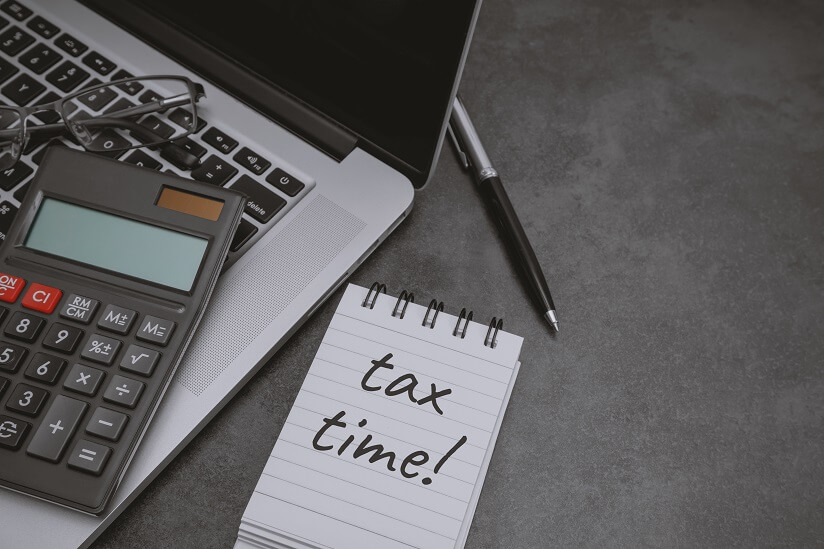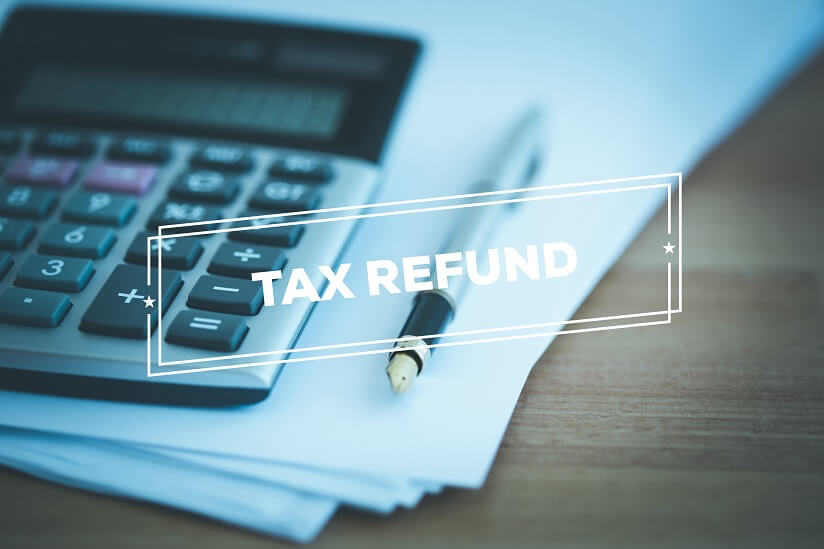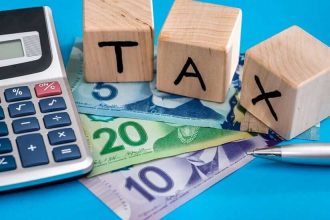The 1 June Canadian tax deadline is less than a week away. Here’s how to file your return the easy way.
Left your Canadian working holiday tax return until the last minute?
Don’t worry, you’re not alone!
In fact, the final few days before the deadline are always the busiest time for the Canadian tax authorities – the CRA. Every year thousands of taxpayers across Canada (including countless working holidaymakers) wait until the final days (and often hours!) before filing.
It’s important to remember that every taxpayer in Canada, including those on temporary visas (such as a working holiday visa), is legally obliged to file a tax return where they have had to pay tax for the year.

If you miss the deadline, you may be hit with fines or penalties.
The penalty for late filing is 5% of your tax liability, plus 1% of your balance owing for each full month your return is late, to a maximum of 12 months.
But the tax deadline rush doesn’t have to be a stressful time. In this guide, we’re going to share 5 tips to help you easily file your working holiday tax documents before the deadline.
Determine your Tax Residency Status
First things first!
It’s important that you file your working holiday tax return under the correct residency status so that you can remain compliant with the Canadian tax authorities.
In order to determine if you are a resident or non-resident there are certain factors to consider including:
- The residential ties you have in Canada
- The purpose and permanence of your stays abroad
- And your ties abroad
Here you will find more information on how to determine your Canadian tax residency status.
Gather your income documents
You will need all of your income documents in order to file your tax return.
All employers must provide their employees with a T4 by the end of February. If you worked for multiple employers you will have more than one T4 slip.
Can’t find your T4 slip? No problem. Taxback.com provides a service to help you track it down!
A T3 or T5 is provided if you have investment income or interest. If you received other types of income from Canada such as scholarships, fees or commissions, you will receive a T4A slip.

You will also need your Social Insurance Number (SIN) in order to file. You would have received this nine-digit number before starting your employment in Canada. If you are having trouble locating your SIN, you should be able to find it on any official payment or tax forms you have received.
Want to claim a tax refund from Canada?
Organize your receipts
When filing your tax return you can increase your legal tax refund by including any expenses (such as employment or medical) you are eligible to claim.
However, if you intend to claim expenses on your tax return, it’s important to have all relevant receipts and invoices on hand when you are filing your return.
Medical expenses, tuition fees, eye care expenses and interest paid on a student loan can all be claimed with valid receipts.
A valid receipt should indicate the following:
- The date of the payment
- Information about the patient for who the payment was made
- If required information about the person who prescribed the purchase or provided the service.
- The purpose of the payment
You may also like:
6 TAX TIPS TO ANSWER YOUR CANADIAN TAX QUESTIONS
Employment expenses
When claiming work-related expenses you will need a Form T2200 which is signed by your employer as well as all relevant receipts, employment contract, invoices, rental contract and bank statements.
Double-check that you’re entitled to tax credits
It is important to double-check whether you’re entitled to claim tax credits in Canada.
To do this, simply apply the ‘90% Rule’ to the income you earned during the tax year.
In short, if you earned less than 10% of your income from outside Canada during the tax year you will be entitled to claim the personal tax credits.
However, if you earned more than 10% of your income outside Canada, you will not be entitled to the credits.
Use a Tax Professional
The easiest way to file your Canadian working holiday tax return is to file with Taxback.com.
Their team will take care of all the paperwork and transfer your maximum legal tax refund straight to your bank account.
Their average Canadian tax refund is $998, so it’s definitely worth claiming back what you’re owed.
If you’d like help with your Canadian tax return, just complete the short form to get started.
Why apply with Taxback.com?
- You will receive your maximum Canadian tax refund straight to your bank account
- Simple online process – no complicated forms
- Determine your tax residency status easily online
- Full CRA compliance guaranteed
- 24/7 Live Chat support
Want to claim a tax refund from Canada?






